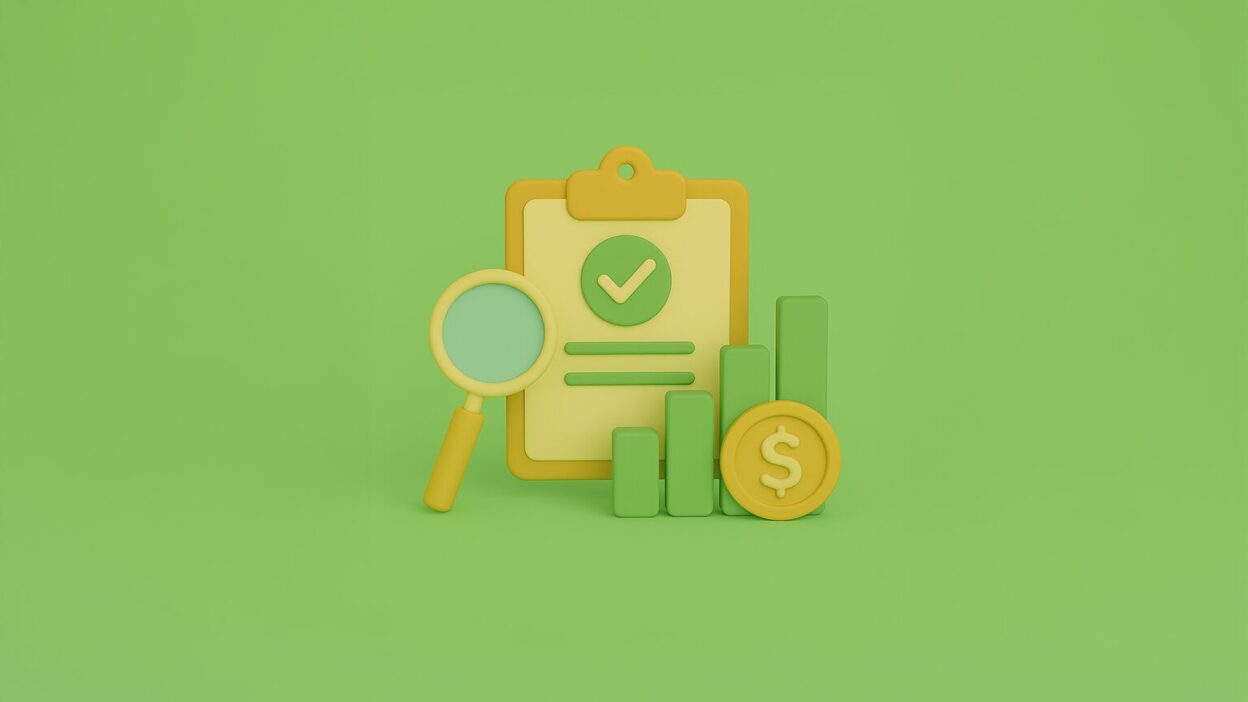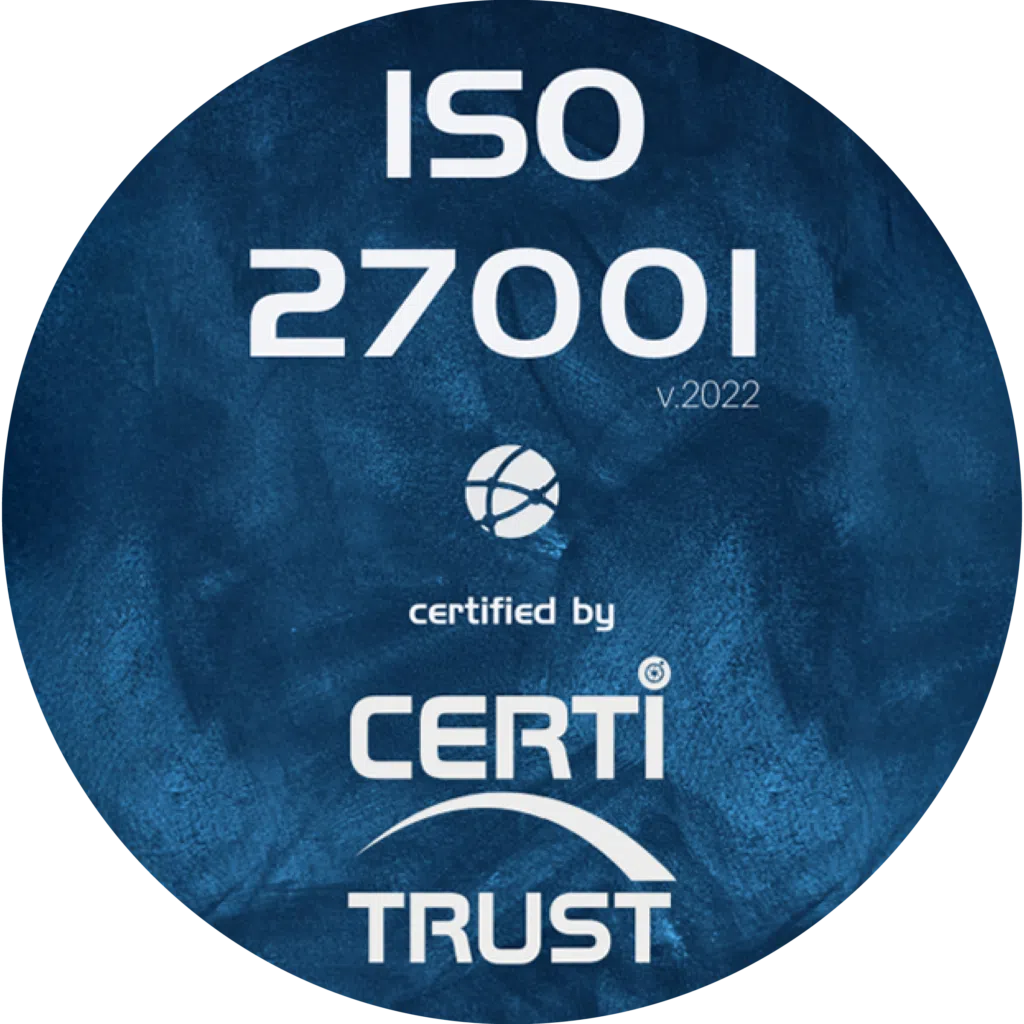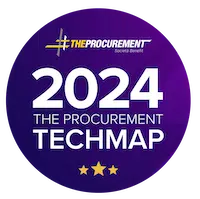Supplier audits should be carried out as regularly as possible, 1 to 3 times a year. It enables you to check the quality of their services, their ability to meet your expectations, and their prices in relation to those on the market. There are many ways of carrying out a supplier audit. However, its successful execution depends first and foremost on your organization. If you set up an audit plan with measurable indicators, your supplier audits will be that much easier to implement. In this article, discover our teaching methods to help you in this task, and provide you with the best practices for carrying out a supplier audit in the best possible way.
Evaluating supplier experience
First of all, in order to carry out a supplier audit successfully, you need to take three things into account:
- Supplier structure
- Capabilities
- Know-how
Structure means knowing every detail about each supplier. Company size is an essential parameter. It provides information about the owner and the size of his network. There may in fact be a network of subcontractors working with your supplier. Commitments and proof of these are essential for intelligent quality control, and having a clear idea of your suppliers’ capabilities will help you to manage orders more effectively. Your suppliers’ ability to meet your supply needs determines how well you can ensure your customers’ production processes. The same applies to their know-how, which is the key to your growth. Indeed, a supplier who correctly handles orders and supplies plays a key role in your company’s development. Compliance with production schedules is an essential element in assessing supplier performance.


Quality assurance for suppliers
Auditing suppliers gives you control over the quality of the services you provide and the products you design. That’s why it’s so important toensure the quality of your suppliers’ work. Every supplier must have a certificate confirming their reliability. But it’s not just a question of certification: you also need to quantify the regularity of their deliveries and the rates they charge for each order. Your quality policy must be clear and transparent to your suppliers, so that they can live up to your expectations. Often, a supplier does not have certification, but has sufficient references to ensure that his work meets your requirements.
However, you still need to determine the reliability of these suppliers and the risk to your production capacity. You can also ask for references from customers who have already worked with these non-certified suppliers. Finally, the rise of digital technology has created e-reputation. There are still effective ways of getting to know your suppliers via the Internet.
Important points to consider during a supplier audit
When carrying out a supplier audit, there are a few things you need to consider. Never forget that supplier management, stock management and procurement are interdependent. It’s imperative to carry out research even before the audits are carried out, in order to select the right suppliers. It’s also a good idea to draw up a prioritized checklist of the points to be examined before starting the audit process. This work ensures that the risks specific to your purchasing policy are kept under control. Check the supplier’s reputation on the Internet to see if it matches your values and if it can meet your needs. Knowing a supplier’s status is essential to determining whether they are a subcontractor or a major player in your company.
Finally, during the audit, it’s a good idea to keep a close eye on your supplier’s movements. After all, trust does not exclude control! This allows you to be sure of their reliability and the relevance of their services to your company, and to request corrective action if necessary.
Using the right tools for supplier auditing
For those who use supplier data processing software, you can use these tools for your next audits. At a time when data centralization is accessible to all VSEs and SMEs, dematerializing invoices and supplier information are levers for improving your company’s performance. They facilitate processing, speed up processes, and provide the reliable audit evidence required by regulatory bodies.Supplier auditing is an operation that should never be taken lightly.
In fact, it ensures the company’s growth and evolution, which means that every tool used must be adapted to your company’s situation. It is therefore preferable to entrust this task to external service providers who have developed IT tools that meet these challenges. If your company is not yet accustomed to such practices, it is imperative to implement best practices in order to achieve compliance during quality audits.
Your company’s performance depends on your suppliers’ ability to carry out their tasks correctly, and to ensure the smooth running of your purchasing process. That’s why Weproc is an innovative SaaS purchasing and supplier management software that facilitates your analysis reports to improve the performance of a quality supplier audit.
Want to learn more about our Weproc procurement management software?
Contact us or request your 15-minute demo below!








